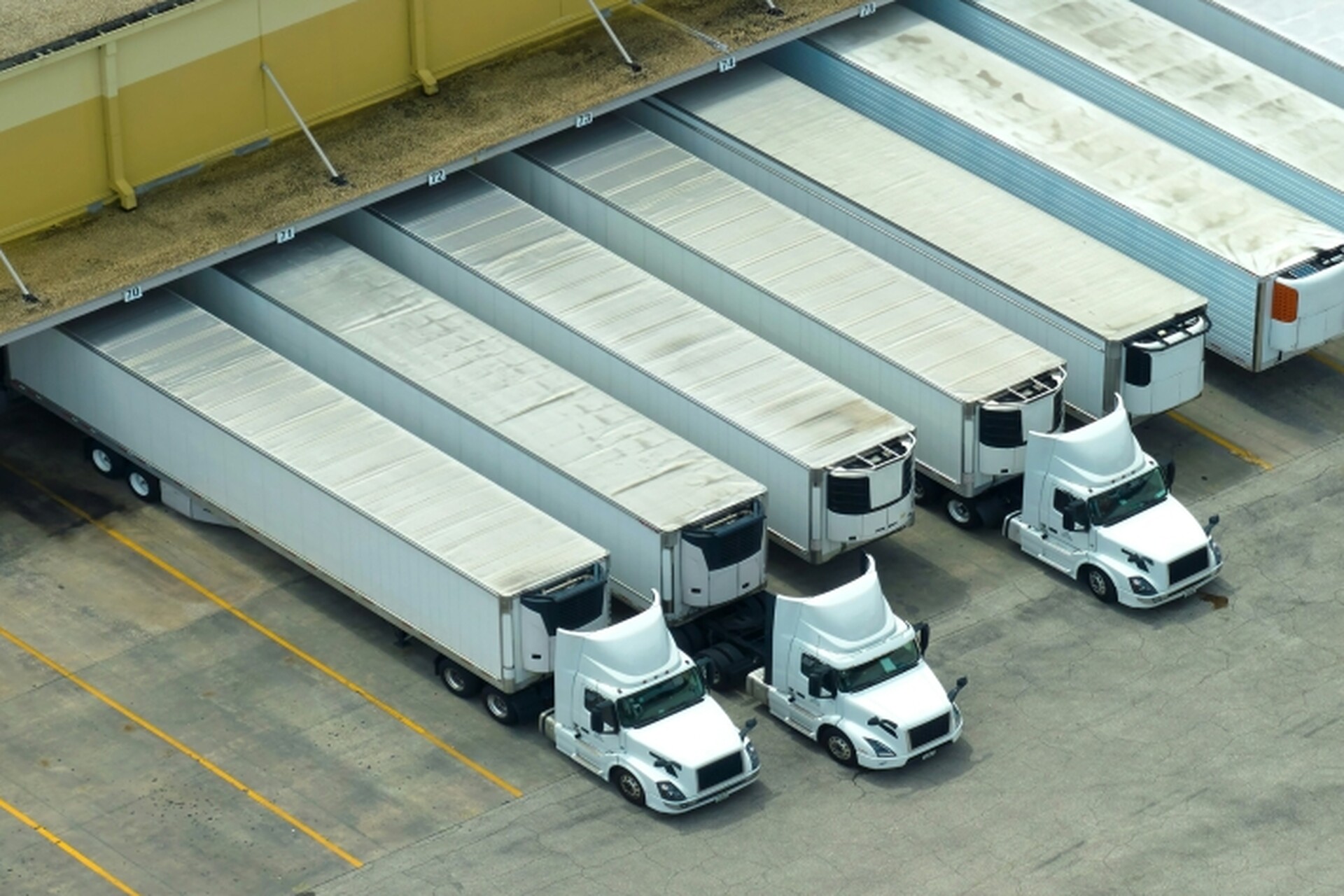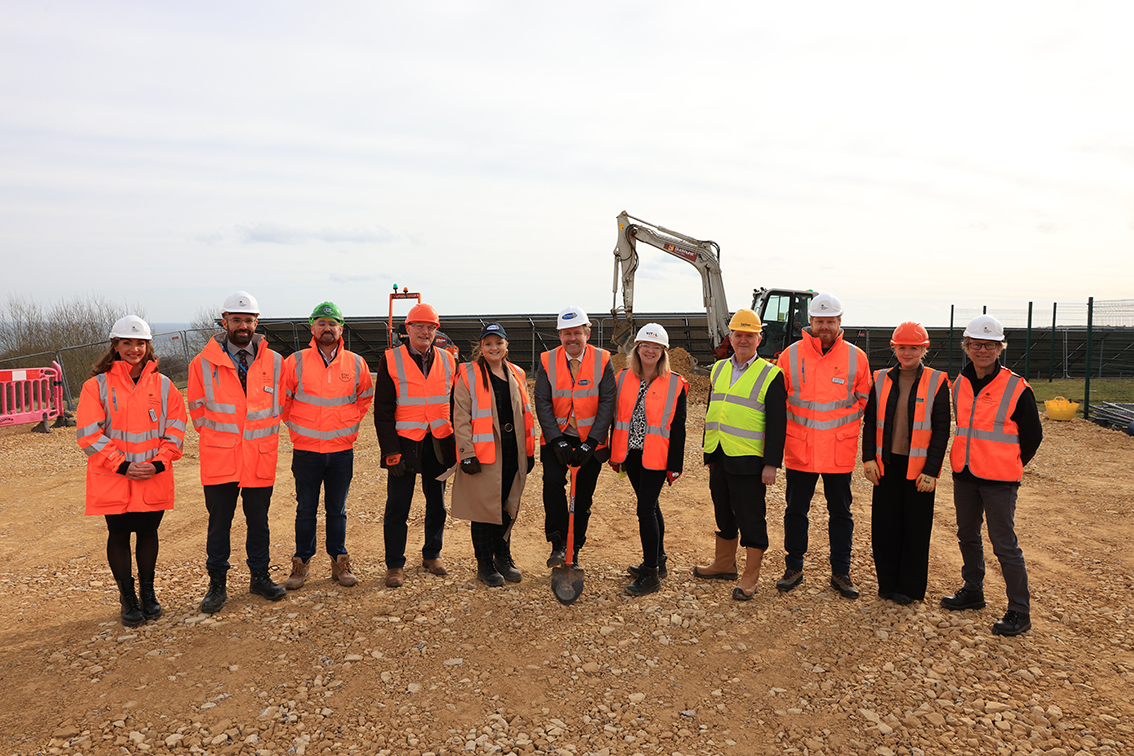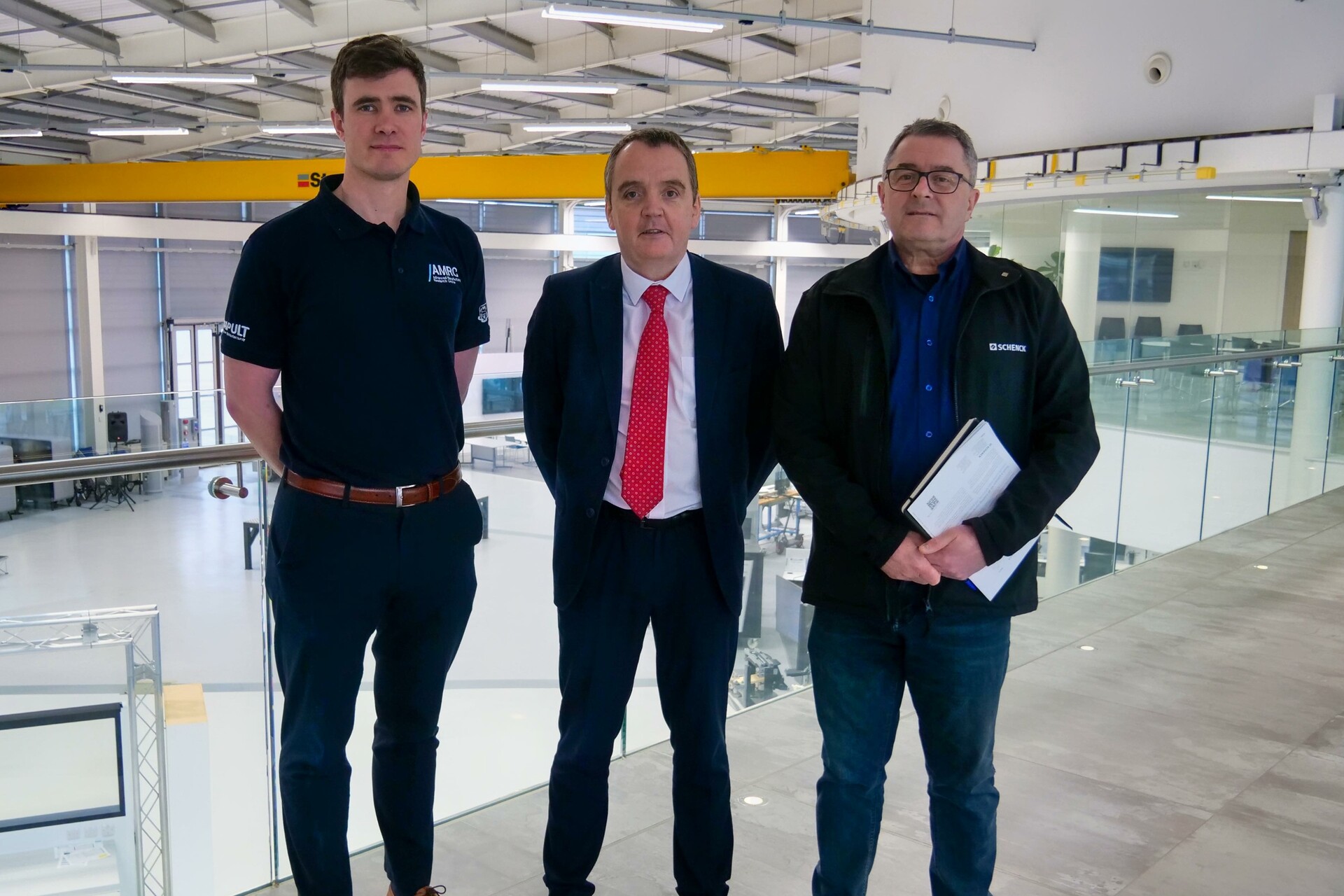Sector News > Robotics & Automation
BRITISH MANUFACTURERS SOUND ALARM: ROAD INFRASTRUCTURE IN DECLINE, BUT DIGITAL INVESTMENT DRIVES GROWTH, SAYS MAKE UK

By Marie Carter-Robb • Posted in Robotics & Automation
In a revealing new report, Make UK, the voice of British manufacturing, highlights a concerning decline in the nation's road infrastructure, with 54% of manufacturers stating that the condition of national roads has worsened over the past decade.
In a revealing new report, Make UK, the voice of British manufacturing, highlights a concerning decline in the nation's road infrastructure, with 54% of manufacturers stating that the condition of national roads has worsened over the past decade.
The findings highlight the critical importance of road networks to supply chains, with three-quarters of manufacturers citing them as vital. The decision to scrap the northern leg of HS2 has also met significant opposition, with over half of the manufacturers surveyed disagreeing with the move.
Yet, amidst these concerns, there is a bright spot: digital infrastructure. A robust investment in digital connectivity over the last ten years has paid dividends, with 64% of companies reporting significant improvements. This has enabled nearly half of Britain's manufacturers (44%) to invest in cutting-edge digital technologies, driving growth and job creation. Impressively, 71% of companies believe that better quality infrastructure directly boosts productivity.
The report, titled "Infrastructure: Enabling Growth by Connecting People and Places," delves into manufacturers' perceptions of road, rail, and digital infrastructure over the past decade. A key takeaway is the criticism that successive governments have prioritised cost over the potential benefits of infrastructure projects. However, the success of digital investment serves as a potent reminder of the transformative impact of well-placed infrastructure spending. The Channel Tunnel, once heavily criticised for being over budget, now contributes approximately £4 billion annually to the UK economy through Eurostar services alone.
Regional disparities in infrastructure quality remain stark, with manufacturers in the North of England particularly critical of road conditions. In the North West, 68% of businesses reported a decline in road infrastructure, in contrast to the North East, where 43% of companies shared this view. This disparity may reflect differences in regional investment priorities, with cities like Manchester focusing more on public transport at the expense of road improvements.
The decision to cancel the northern extension of HS2 has not gone down well in the North, where 61% of businesses believe it was a mistake. Stephen Phipson, CEO of Make UK, calls for bold action from the new government:
“Following years of underinvestment, this new Government now needs to be bold on its infrastructure investment and realise the productivity improvements of doing so. At the top of this agenda must be repairing our roads, with British manufacturers wanting to see an immediate focus on A roads and motorways. To help make this happen, manufacturers want to see more local decision-making and support for local authorities to speed up planning processes.”
Phipson also highlights the importance of investing in local bus networks to connect out-of-town areas with manufacturing hubs, thereby opening up more opportunities for young people. Long-term rail projects are essential, he says, to improve east-west connections and ensure a more equitable distribution of opportunities across the UK.
Policy Recommendations:
- Commit to long-term infrastructure projects to enhance the UK's attractiveness for foreign direct investment (FDI).
- Accelerate planning processes by granting more powers to local authorities and mayors to expedite the development of local infrastructure, including tram networks and road repairs.
- Implement the Fair Funding Review’s proposals to increase the retention of business rate receipts by local authorities, enabling flexible, long-term infrastructure investments.
- Prioritise the repair of existing road networks to ensure manufacturers have reliable access to logistics and skilled labour, with a focus on A roads and motorways.
- Invest in local bus networks that improve connectivity to out-of-town areas, facilitating access to manufacturing jobs for younger people.
- Develop long-term rail projects to create more east-west connections, fostering a more equitable distribution of opportunities.
- Enhance the integration of rail freight stations and depots with road networks to make this mode of transport a more attractive option for manufacturers.
For a comprehensive analysis, read the full report [here]




